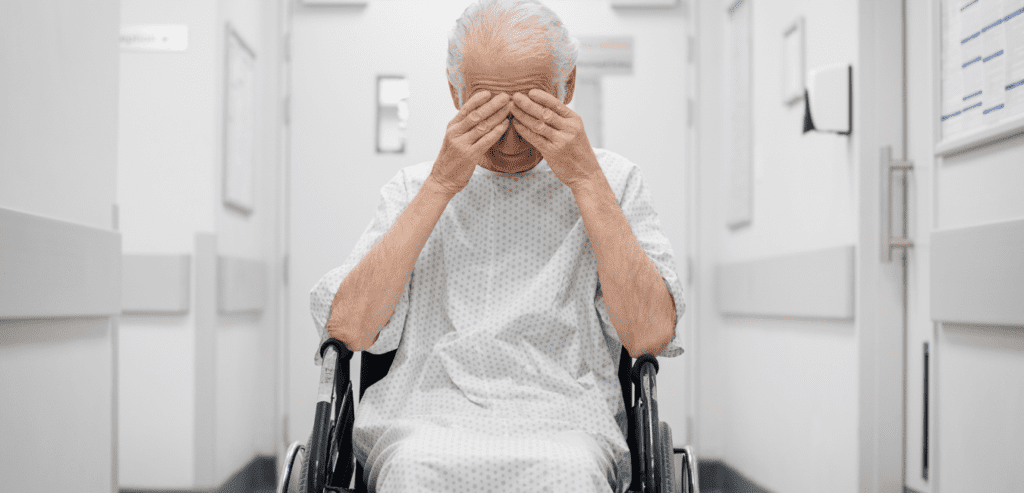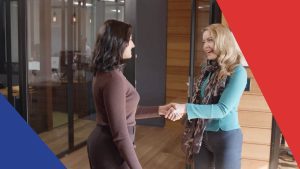Elder abuse can be physical, psychological, emotional, or financial in nature.
The abuse occurs when others fail to act, thereby causing mistreatment or neglect.
Elders are generally defined to be aged 65 and over. Some have absolutely no physical or mental impairment whatsoever. Others may have vulnerabilities and a high dependence on others. This can result in a weakened capacity for decision-making.
On Tuesday 9 October Prime Minister Scott Morrison announced the Terms of Reference for the Royal Commission into Aged Care Quality and Safety.
What does Elder Abuse look like?
Elder abuse usually happens amongst relationships of trust. It can sometimes be difficult to spot because of the circumstances under which it happens.
Elder abuse can occur anywhere. It most often happens under the ‘safety’ of the elderly person’s own home. Elder abuse is usually caused by other family members, friends, carers, or trusted persons. Because of this, it can be very difficult to recognise.
Psychological abuse includes targeted behaviour that bullies, intimidates or humiliates the elderly person. Examples provided by the World Health Organisation include:
- The threat to send the elderly to an aged care home.
- Denying them time with their grandchildren/loved ones.
- Repeatedly highlighting their physical deficiencies.
- Accusing them of having dementia without diagnosis.
The most common form of elder abuse is financial. Consider someone taking advantage of their trusted relationship and misusing positions such as Power of Attorney. Some elders are forced to make changes to their will, to incur expenses in their name or sell their home without permission.
Some will help themselves to monies belonging to the elderly person with the thought that this is a ‘gift’. They would have ‘received it anyway’ once the elder passed away. This is not a gift; it is theft.

How do you know if you’re being subjected to Elderly abuse?
Well, if it feels wrong, it probably is.
To explain this, consider a situation that makes you feel trapped or under pressure. Consider if you might be at a disadvantage or being taken advantage of because of your age. Have the courage to tell someone about it.
How does Elder Abuse Occur?
When we age, it naturally becomes more difficult to do tasks that used to be easy. As we age, we can suffer disease and ill-health and as such we are sometimes bound to rely on the aid of other people. This is usually the people we live with, family or close friends.
In some cases, without realising it, the people we lean on can begin to resent us for it. However, there is no excuse for elder abuse.
Abuse of the elderly is a very serious family violence matter, therefore It should not be tolerated. Elderly people are vulnerable., besides to abuse elderly for personal gains is no better than unconscionable conduct – it’s despicable.
It is important to understand the legal assistance that is available.
Laws to help protect victims of Elder Abuse
Many of the actions that would normally be considered elder abuse are already crimes in the Australian Capital Territory.
Under sections 27 and 28 of the Crimes Act 1900, any conduct that either; endangers life or negligently causes serious injury, assault or fraud, are already considered crimes.
Assess yourself whether you are a subject to any offence from the Australasian Legal Information Institute website.
United Legal provide advice on accommodation options for elderly persons. We advise on how financial contributions that are made from an elder person to a carer should be recorded.
For our legal support services Contact us at (02) 6295 2283
or visit us at
54-56 Townsville St, Fyshwick ACT 2609







